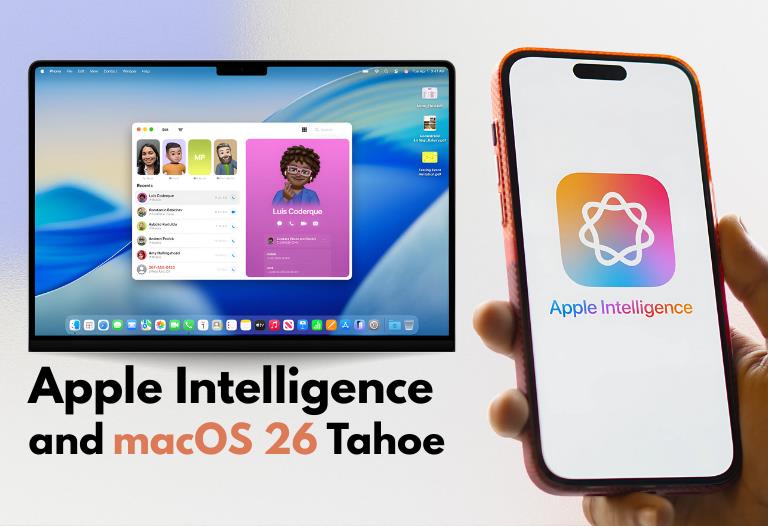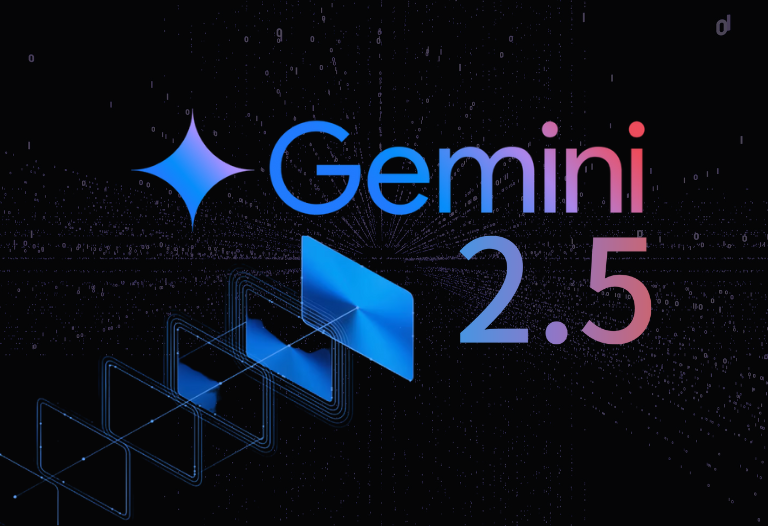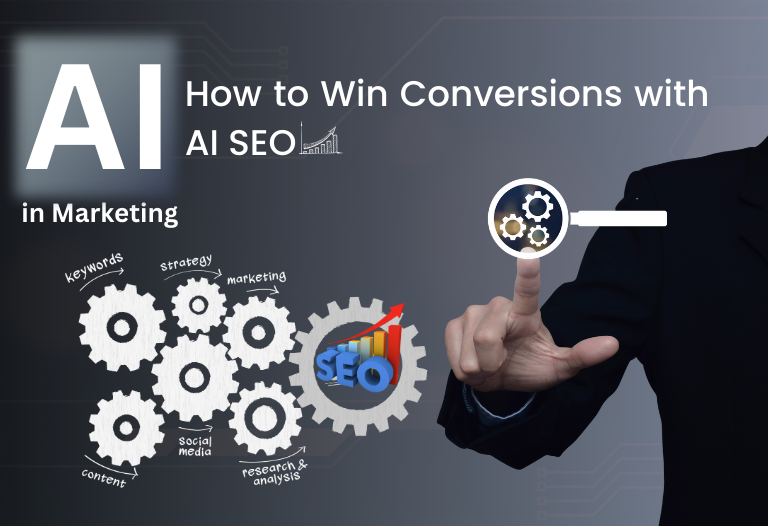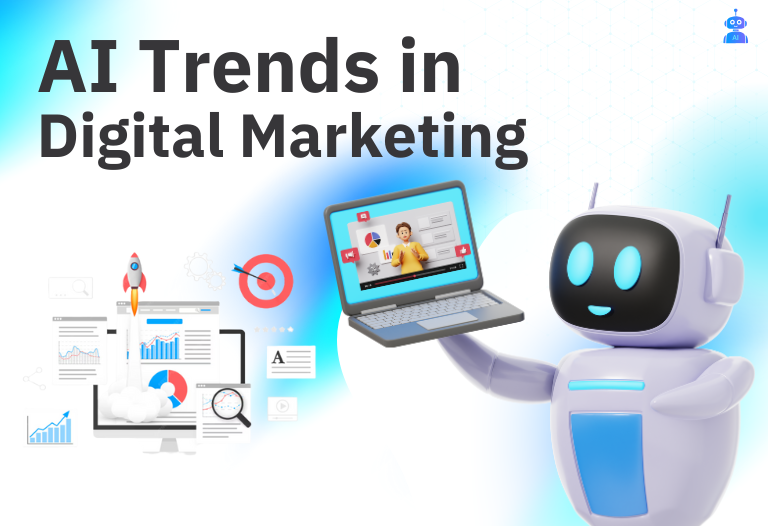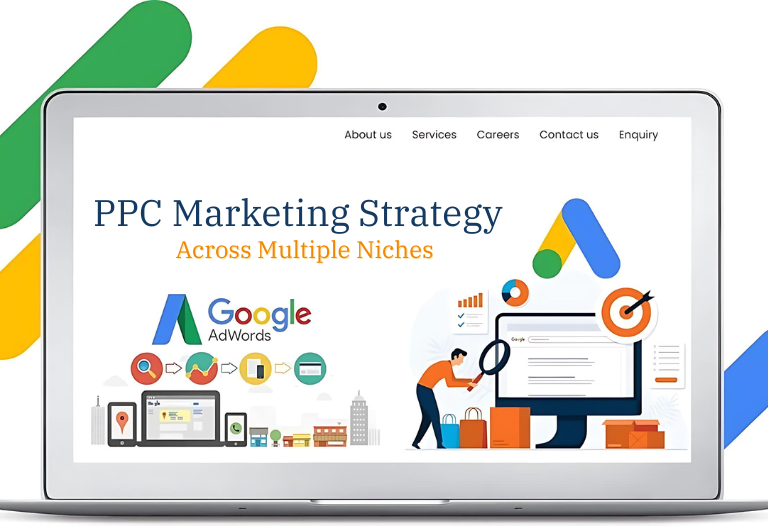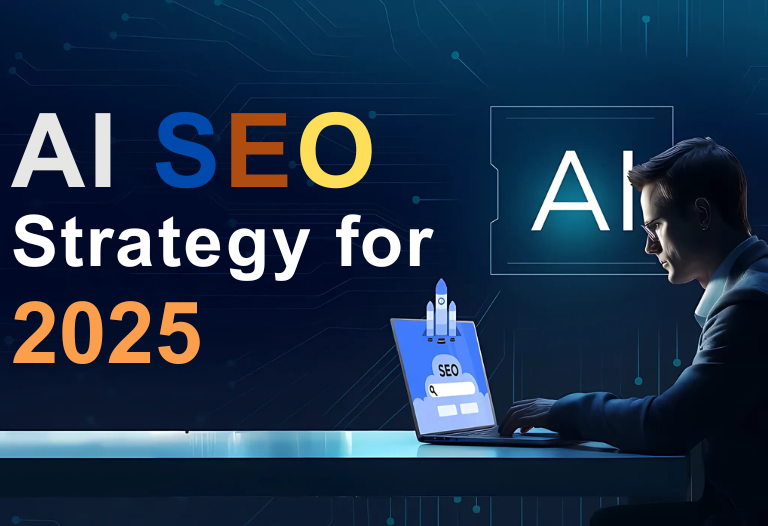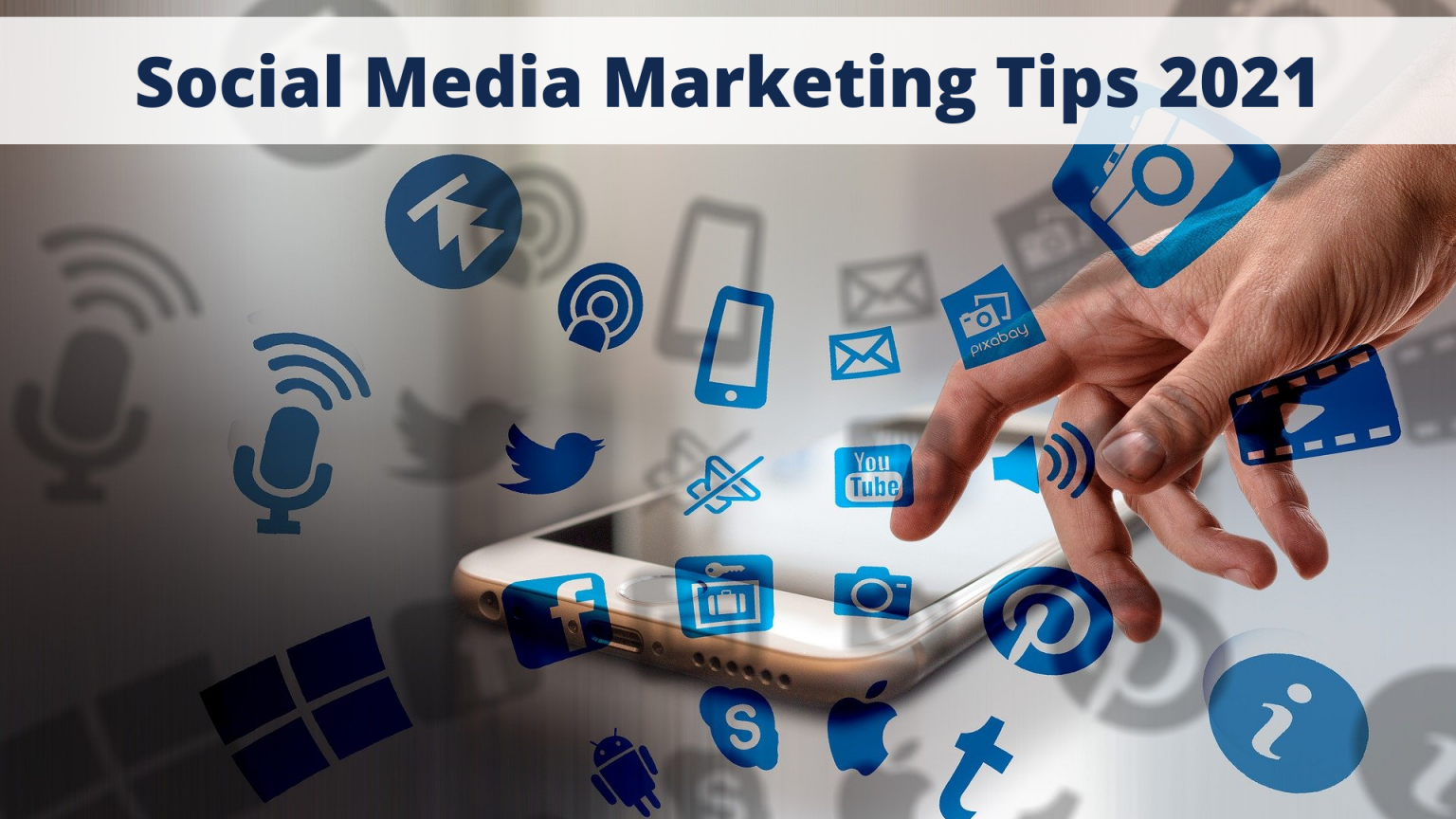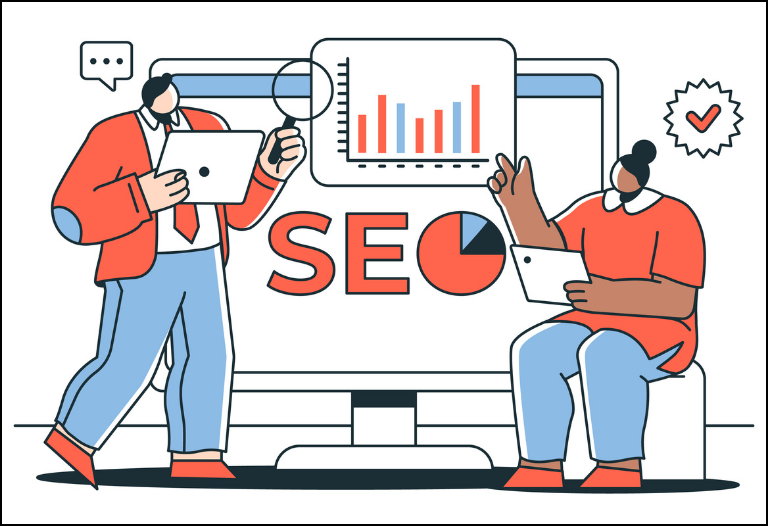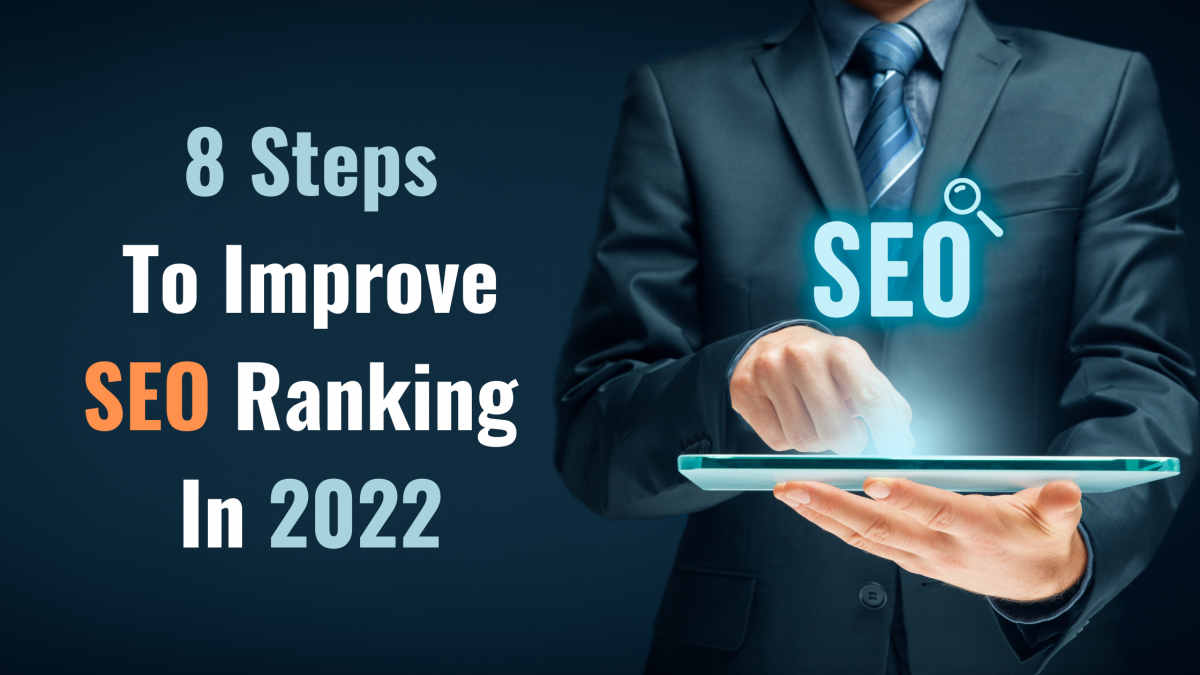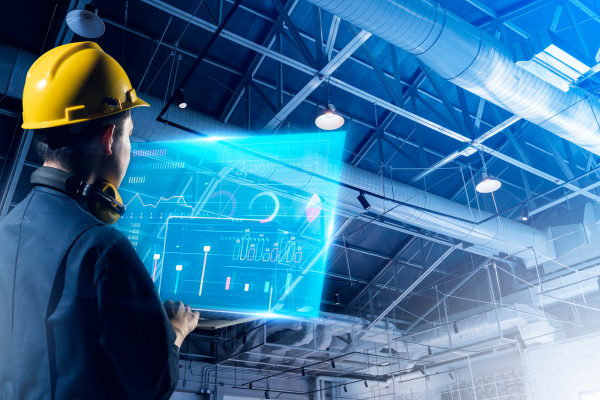
Metaverse and AI’s groundbreaking advancement in the industrial sector promise to bring about profound changes in how factories operate, optimizing processes, enhancing productivity, and redefining human-machine interaction.
In a conference sponsored by the MIT Technology Review and Siemens AG, Peter Koerte, the chief technology and strategy officer at Siemens, said that the Industrial Metaverse, a virtual environment that connects real-world manufacturing systems with digital counterparts, holds immense potential for the industry. Seamlessly integrating physical and digital elements enables manufacturers to gain real-time insights, streamline operations, and unlock new levels of efficiency.
The integration of AI within the Industrial Metaverse further amplifies its capabilities. AI algorithms can analyze vast amounts of data generated by manufacturing processes, identify patterns, predict outcomes, and make autonomous decisions. This will empower manufacturers to optimize production, reduce waste, and proactively address maintenance needs, leading to cost savings and improved overall performance.
Metaverse and AI Impact
The impact of the Industrial Metaverse and AI extends beyond operational efficiencies. Human-machine collaboration takes center stage as workers interact with intelligent machines in novel ways. This interaction fosters increased productivity, as AI assists workers in decision-making, automates repetitive tasks, and supports complex problem-solving.
The benefits of this disrupting technology are far-reaching. For instance, manufacturers can implement predictive maintenance strategies, reducing downtime and increasing equipment longevity. By leveraging real-time analytics, they can also optimize supply chain management, ensuring timely deliveries and minimizing stockouts.
Despite the promising prospects, challenges lie ahead. Integrating the Industrial Metaverse and AI requires substantial infrastructure, hardware, and software investments. Moreover, there is a concern about data security and privacy that needs to be appropriately addressed to create and build trust amongst businesses and early adoption of these technologies.
What do the experts say?
Industry experts emphasize the need for a strategic approach to implementation. Manufacturers must assess their current capabilities, define objectives, and establish robust data governance frameworks. Collaboration between technology providers, industrial leaders, and regulatory bodies is crucial to drive standardization and develop best practices for harnessing the full potential of the Industrial Metaverse and AI in manufacturing.
As the Industrial Metaverse and AI reshape the manufacturing landscape, organizations must embrace the opportunities presented by these transformative technologies. By strategically integrating them into their operations, manufacturers can gain a competitive edge, drive innovation, and position themselves for success in the dynamic digital era.




 June 30, 2023
June 30, 2023